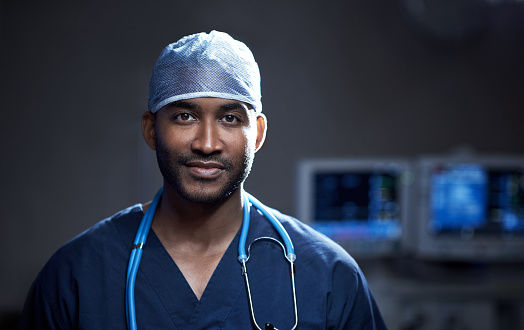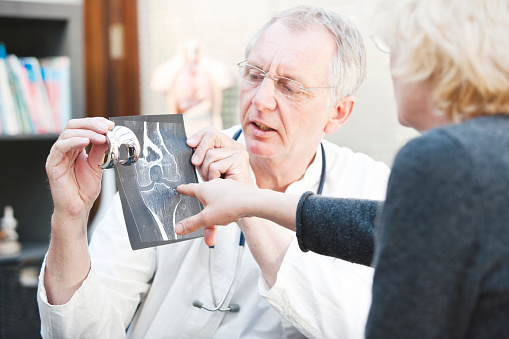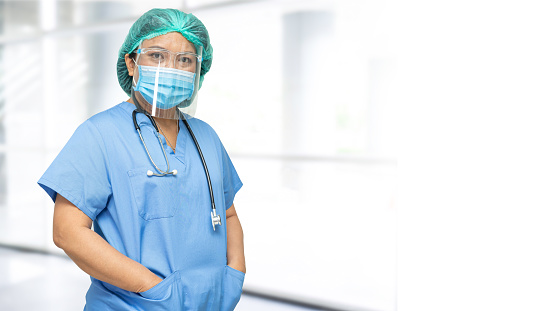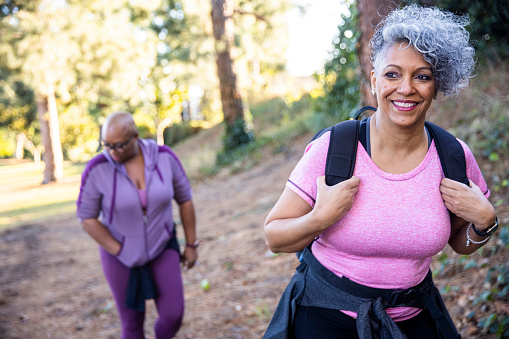Sussex Premier Health, Hastings: Important update for patients with upcoming appointments
Sussex Premier Health, Hastings: Important update for patients with upcoming appointments
Knee arthroscopy is a type of keyhole surgery, which uses an arthroscope (a thin, flexible, telescopic instrument) to investigate or treat knee problems.

Knee arthroscopy is a type of keyhole surgery, which uses a thin, flexible, telescopic instrument called an arthroscope to investigate and sometimes treat knee problems. The arthroscope has a light and a tiny video camera on the end, which sends images of the inside of your knee joint to a screen for your orthopaedic surgeon (a surgeon who specialises in treating bones and muscles) to view.
Knee arthroscopy allows your surgeon to see what is happening inside your knee joint without making large cuts into your skin or through your tissues.
Your doctor may suggest an arthroscopy if you have the following problems that can’t be diagnosed using a scan or X-ray:
You’ll meet your consultant in one of our private consultation rooms.
During your appointment, your consultant will:
Once you and your consultant have agreed to go ahead with your knee arthroscopy, your consultant and physiotherapist will tailor your personal recovery plan.

On the day of your operation, our ward staff will show you to your own private room. We’ll do all we can to make sure you’re comfortable while you’re with us.
Your private room will have an en-suite bathroom and TV and Wi-Fi facilities.
Once you’re ready, our nurses will help you prepare for your operation. Before your procedure, you will meet with your orthopaedic consultant again and your anaesthetist.
Your anaesthetist will give you one of the following:
Your consultant will make tiny incisions and pass a small telescopic instrument into your knee. This is called an arthroscope and has a camera so your consultant can see inside your knee to do any of the following:
Exactly what happens during your procedure will depend on your symptoms or condition. Your consultant will let you know if they recommend further treatment following an investigative knee arthroscopy.

After your operation, you may go home on the same day or the following day, depending on the time of your surgery and whether you had any treatment. Either on the day of your surgery or in a follow-up appointment, your consultant will explain to you what’s been found and whether any further treatment is recommended.
Although there’s less pain after an arthroscopy than with traditional surgery, you’re likely to feel discomfort once the anaesthetic wears off. How long this lasts will depend on:
Your physiotherapist will give you an exercise plan to help you get active again, plus a guide to how long your recovery will take. They will also tell you which activities you should avoid.
Although everybody’s different and you should always follow your consultant’s advice.

Your surgery will be performed by your consultant surgeon.
You can expect your procedure to take anywhere between 30 minutes and two hours, depending on what is found.
Following your knee arthroscopy, you can expect to return to light exercise after two weeks and may be able to resume playing sports after six weeks.
Your arthroscopy will be performed under anaesthetic so you won’t feel any pain during the procedure. However you may experience pain and swelling around your knee as you recover at home, this can be improved by keeping your leg elevated and applying ice wrapped in a tea towel.
You’ll unlikely be able to walk without support straightaway. We may give you a crutch to help you get around until the pain and swelling has gone down.
There are fewer risks and complications with a knee arthroscopy than with traditional open knee surgery. However, all operations carry small risks. Your surgeon will explain these to you before your procedure.
You can shower once you’re home if you make sure to keep the dressing around your knee dry. This can be done by wrapping your wound in a plastic bag. The dressing must be kept clean and dry for at least two days after your arthroscopy.
You may be able to drive after two weeks of recovery. Your surgeon will discuss this with you and it is advised that you talk to your motor insurance company too.
Knee arthroscopy can be performed as a day case, where you’re able to go home on the same day.
You may experience pain for two to three weeks after surgery. Although, some people have pain for six weeks or more. You will be prescribed painkillers to manage your pain. However, if your pain is severe or gets worse, contact your surgeon.
Yes, swelling is normal after knee arthroscopy surgery. It should reduce after a few days.
Knee arthroscopy surgery can be carried out under local, general or spinal anaesthesia. Each type of anaesthesia has different risks and benefits.
Your surgeon will discuss these with you and based on your wishes and particular circumstances will recommend the most appropriate type of anaesthesia for you.
Speak to a member of our team